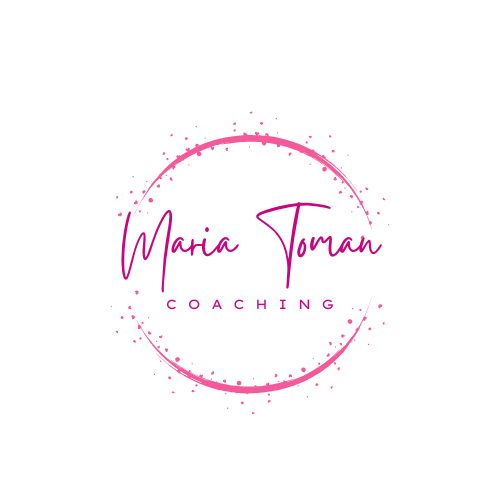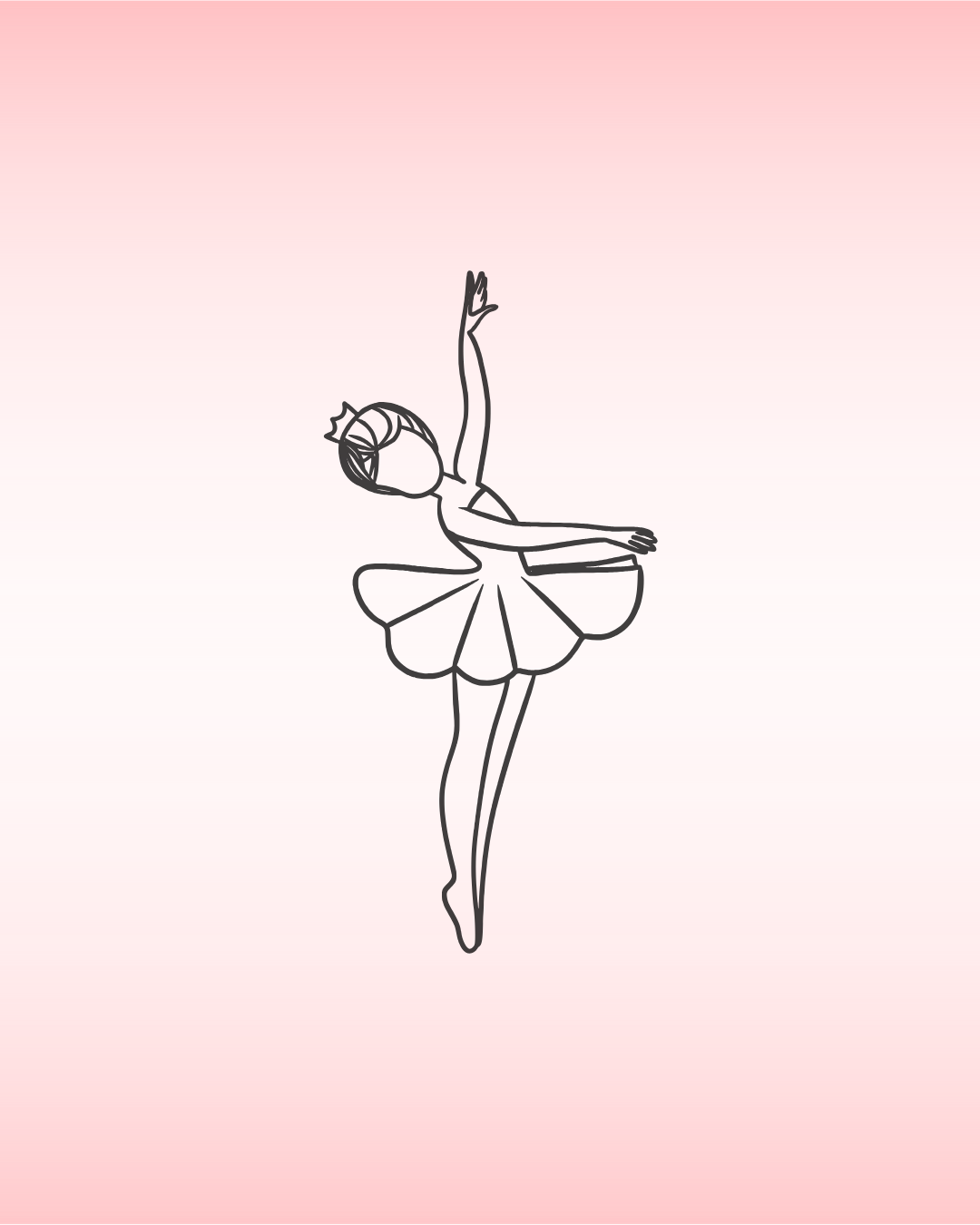Everything we have to express is adequate and valuable.
I am staring at the blank page on my laptop, thinking that I don't have anything valuable to add, and even if I do, the delivery won't do it justice.
To a silenced little girl that was deemed too loud, too much and so inadequate, then to decide to write in her second language which has become fluent just a few years back, and the ability to fully and clearly express in this language being also overshadowed by truamtic experiences that not just shattered her confidence in what and how she expresses but physically changed parts of her brain and the way it functioned, facing a blank page feels beyond vulnerable.
Oh boy, I like to bring this up and still tip my toes in that victim energy.
But that is not what I will do in this post today. Because I have been rising lately, finding liberation by giving my traumatised nervous system permission to full expression. That doesn't mean venting, but staying with my body and whatever she has to say and express, without censorship, no matter how "ugly" or "loud" her expression is.
I aim to raise awareness of how being silenced as little children has impacted the rest of our lives. If you are raising a child right now, know that permitting that child to express themselves will determine the rest of their life.
There’s something I’ve been carrying quietly for a while now, something that’s been stirring gently beneath the surface, waiting for the right moment to rise, and I think it’s time I finally give it a voice and speak it into the open.
You see, so many of us, especially in the early chapters of our lives, learned what it meant to be silenced, not always in obvious or dramatic ways, but in the subtle, quiet shaping of our expression into something more palatable for those around us. And while this experience touches many, I know that for countless little girls, girls like I once was, with hearts that felt deeply and voices that tried to carry truth, our sensitivity often made us targets, not for love or nurturing, but for correction, containment, or outright dismissal.
But this isn’t just about being a girl. This runs deeper. This is about what it means to be human in a world that has never been entirely comfortable with the raw, unfiltered tenderness of emotion. It’s about what happens when the world doesn’t know how to hold sensitivity, when it looks at our open hearts and flinches, not because we are wrong, but because it doesn’t know what to do with the beauty and intensity of our truth.
Silencing doesn’t always come in the form of yelling or harsh words. Sometimes, it’s delivered in a barely noticeable glance, that subtle flicker of discomfort that passes across someone’s face when you begin to cry. Sometimes it’s a sigh, a withdrawal, a moment when someone you love turns away just slightly, but enough that you feel it like a cold wind on your skin. And other times, it’s louder, more defined, carved into our memory through phrases like: “Don’t cry,” or “You’re being too dramatic,” or “That’s not appropriate,” or the ever-present instruction to “Be a good girl.” Maybe you’ve heard, “Why are you always so emotional?” said with a tone that made your feelings feel like burdens, not gifts.
And so we learn, oh, how quickly we learn!
We learn that our voice is unwelcome in certain spaces, that our tears make others shift in their seats, that our needs are met with inconvenience, not care, and that to be loved or accepted, we must shape our truth into something more digestible, something smaller, quieter, softer. We start shrinking parts of ourselves long before we even understand why, and somewhere along the way, something sacred begins to shut down.
For a long time, I didn’t even realize how much of that silencing I still carried in my body, how much I had continued to filter my expression, not because I lacked something to say, but because a quiet part of me had absorbed the message that it simply wasn’t safe to speak. Not safe to feel. Not safe to be.
That’s the part no one talks about: the part that lingers long after the words are spoken. When you grow up with the sense that your voice is too much, too messy, too loud, too intense, too real- and not just your voice, any other expression of you- your nervous system doesn’t just forget that. It records it. It encodes it. It remembers. And even as an adult, even when you’ve done the work and know better in your mind, your body may still whisper, “Shh… be quiet. Keep it small. That’s how you’ll stay safe.”
And the truth is, that isn’t just sad, it’s heartbreaking.
Because when we stifle our expression, we don’t just hold back our pain. We also dim our joy. We blur our clarity. We stop asking for what we truly need. We start to live in the shadows of our potential, convinced that staying small will protect us. That hiding the brightest parts of ourselves will somehow ensure love, belonging, safety.
But here’s what I’ve come to understand: small doesn’t equal safe. It just feels familiar. And what’s familiar is not always what’s right or true or healing. That shell we learned to live in, which we crafted so carefully when the world told us we were “too much”, may have protected us once, but it’s not where we’re meant to stay.
Lately, I’ve been sitting deeply with this realisation, turning it over in my heart like a stone warmed by the sun. I’ve been feeling, really feeling, the truth that my voice was never wrong, that my emotions were never too much, and that my expression wasn’t inadequate; it was simply misunderstood, and they were not equipped to meet my expression. It was too honest, too raw, too illuminating for people who hadn’t yet learned how to meet truth without flinching.
And instead of recognising my power, I internalised a false story that told me I was flawed. That belief, that quiet distortion, wove itself through everything: how I showed up in relationships, how I questioned my intuition in my work, how I preemptively dimmed my joy so no one else would have the chance to do it first. I believed that if I just made myself softer, quieter, more agreeable, if I could just take up less space, maybe then I would be accepted. Maybe then I would be safe.
Here is the truth I want to share with you:
Your voice is not too much.
Your expression is not inadequate.
Your needs are not wrong.
Your emotions, yes, even the loud, messy, inconvenient ones, are sacred. They are a part of your aliveness, brilliance, and wholeness. They are an expression of life and part of creation. They are energy in motion that either allows expansion or constriction.
We are living, breathing extensions of the divine source, god, the universe, whatever resonates with you. We are the life-giving energy itself; therefore, we are meant to express life in any form. We are expression! The living embodiment of life in motion, and to block or quiet that expression is to block the expansion of life or divinity. To shame that expression is to shame life itself, and when we suppress our expression, we suppress the soul, creating disconnection to our divine greatness.
When a child is abused in any form, they are cut off from parts of their souls. Abuse is not just physical or emotional, it's spiritual. It is a command: "You are not allowed to be this. You are not allowed to feel that. You are not allowed to express this part of you."
That child learns survival and protective mechanisms because, in order to survive, they must suppress, to be loved, they must hide, and to be safe, they must isolate or run.
But what it suppressed never disappears. It builds pressure, and eventually, it erupts. This is where we see "destructive" and unbearable aspects of emotion—rage, violence, sabotage—because they were denied expression for too long.
Emotion is meant to move, and we allow it to be processed through its expression.
Emotions in their first moment don’t carry intense energy, but they become charged when suppressed. Dr. Jill Bolte Taylor famously points out that our bodies generate a 90-second chemical response to an emotion. After that, any lingering intensity comes from the stories we attach to it, not the emotion itself. Studies on emotion suppression also show that when we bottle up feelings, they don’t disappear; they amplify in the nervous system, resurfacing later with greater force. The mind has to make sense of what it is felt in the body, and so, it continues to generate stories. These stories most often do not serve our thriving.
Those first quiet stirrings—like boundary discomfort—can be expressed collectively and calmly, but they become overwhelming if they’re ignored until they erupt. Science shows what your body already knows: feeling it early is power, suppressing it is pressure.
We were never meant to live in silence.
We were never meant to shrink to fit someone else's comfort.
We were born to express, feel fully, speak honestly, and be heard and seen in all the richness of who we are. This is not just for others to witness, but for ourselves, because when we express ourselves without fear, we return to the vibrant, unedited joy that has always been our birthright.
And yes, the journey back to that voice can take time. Sometimes, it returns in soft whispers like echoes from a place you once knew. Sometimes, it comes in tears you didn’t know were waiting. Sometimes, it shows up in trembling hands, scribbling rage, longing, or truth across a journal page. Sometimes, it looks like shaky tapping rounds or a quiet breath before finally saying, “This is what I want to express.”
This is the real work—not just finding our voice again but creating the inner safety to use it, trust it, and let it live outside our skin.
And this, truly, is the work I live and breathe. It’s the path I walk and the path I guide others through. It is not just visibility, healing, or manifestation but deep, embodied expression. Because expression is not an accessory to healing, it is the bridge back to our power, back to our wholeness, back to the joy we thought we had lost.
So, if you’ve been quiet for too long and still notice yourself holding back, second-guessing, and editing your truth for fear of being too much, please know this: you are not broken. You are peeling away the layers that never belonged to you. And underneath those layers, your truest, brightest, most courageous voice is still there.


